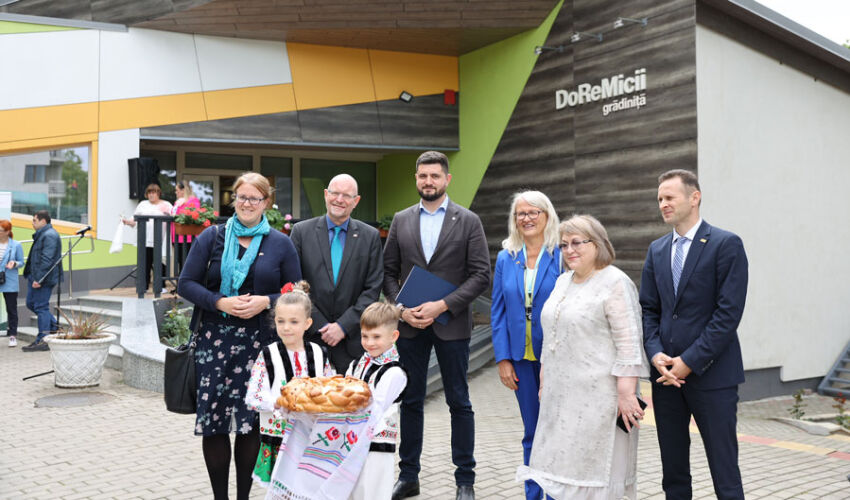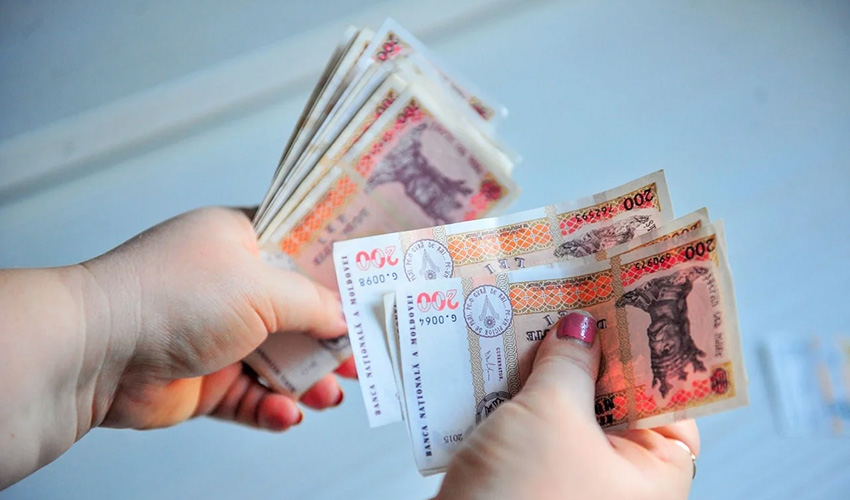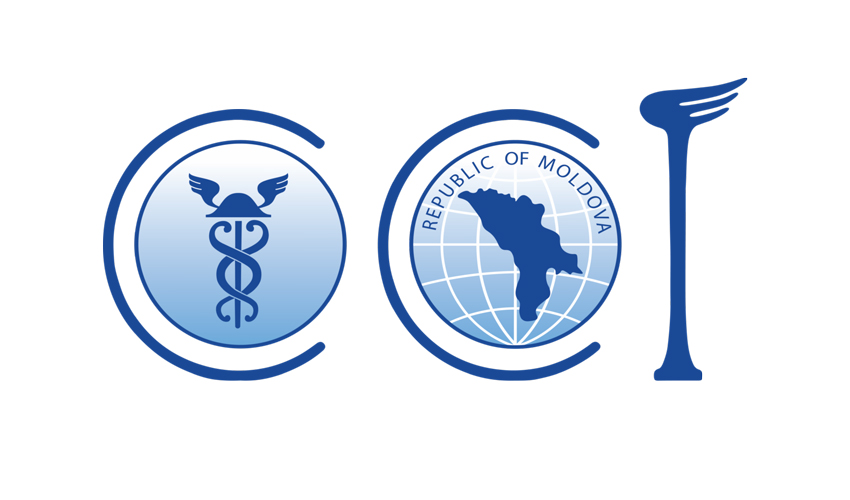
Of these funds, €1 million will be allocated to develop a model for converting homes to maximum heat retention housing, which will significantly reduce energy costs and ensure a healthy environment,
This is a new component of the Energy Efficiency and Renewable Energy for Moldova (E4M) project, which is being implemented by GIZ in partnership with the Moldovan government. The project is financed by Germany with support from the EU, Norway and Denmark.
The presentation of the new phase of the project took place in Calarasi on the territory of the DoReMicii kindergarten – the first and only social infrastructure building in Moldova built according to Passive House standards.
Over the next three years, the construction and renovation of 20 houses that meet these standards will be promoted. It is also planned to revise the regulatory framework to include new concepts and definitions, and 17 local specialists will be trained in the design and construction of passive houses.
The implementation of the new component will be carried out in partnership with the National Center for Sustainable Energy (CNED), which will provide local support for the activities.
“Germany was the main driver for the introduction of the passive house concept in Europe and made it available to its citizens more than 30 years ago. We are therefore very pleased to work with our Danish partners to make this technology available to developers and institutions in Moldova. In addition to our support for energy efficient rehabilitation of public and private buildings in Moldova, Passive Houses can bring real change to people’s daily lives by reducing bills, increasing comfort and providing healthier living conditions,” said Verena Zell, Head of Cooperation at the German Embassy in Moldova.













